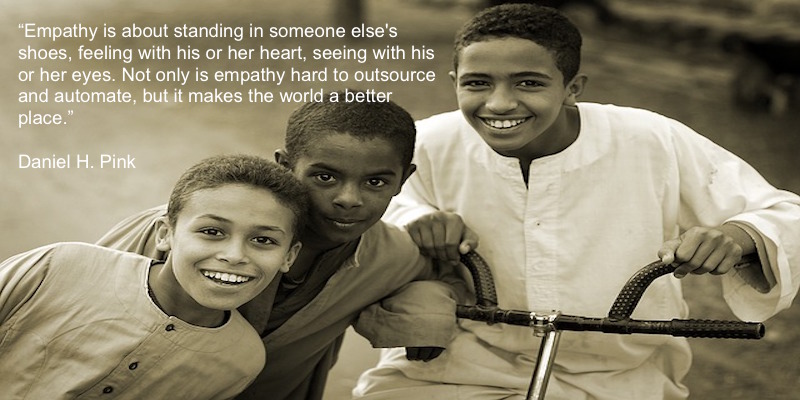There is a lot of talk going around about how the children of today are lazy, disrespectful, or entitled. In a few cases, it maybe true; this world will always have its share of people who don’t pull their weight. But as adults, it is in our power to do what we can to minimize that share, helping our children to grow up into mature, responsible, well-rounded adults. This is where family values comes in. By establishing a system for teaching and enforcing your values, you can help your child grow into them and take them as his or her own.
Life Lesson #1: Discipline
A crucial keyword here is consistency. In order to be able to assume a set of core values in the first place, a child
must know how to obey rules. Unfortunately, this means that we have to follow through and discipline the child when he or she does not do so. But how do you actually do that? At one time, the commonly expected answer would have been to spank the child until he or she learns the lesson. But in addition to the questions that have been raised as to the appropriateness of spanking by individuals and even some governments, there is also some evidence which suggests that it is not the most effective form of discipline. Consider instead grounding them, or taking away their favorite toys (or electronics if they are old enough). When they complain, as they inevitably will, remind them that when they break the law as an adult, they won’t just have to go to their room for a while, but will likely have to go to jail, possibly for years. Professionals, like a criminal defense attorney at Rokolaw, know that a conviction can change a life forever. Take the time to teach your children how serious it is to break the law.
Life Lesson #2 Empathy
Also important is to teach them to see things from the other side. For example, if one of your family’s core values is kindness and your child does not want to share toys or invite an unpopular kid to a party, try reminding them of a time another child excluded them from something they really 
In the end, the most important thing we can do is lead by example. Children are always watching us, whether we know it or not; and if they see us fail to abide by the values we ourselves set forth, they are more likely to follow our bad example.
Reader question: What are some of your greatest, life lessons?
Bio: Rachelle Wilber is a freelance writer living in the San Diego, California area. She graduated from San Diego State University with her Bachelor’s Degree in Journalism and Media Studies. She tries to find an interest in all topics and themes, which prompts her writing. When she isn’t on her porch writing in the sun, you can find her shopping, at the beach, or at the gym. Rachelle recommends Clearfield & Kofsky for legal help with serious injuries. Follow her on Twitter and Facebook: @RachelleWilber


